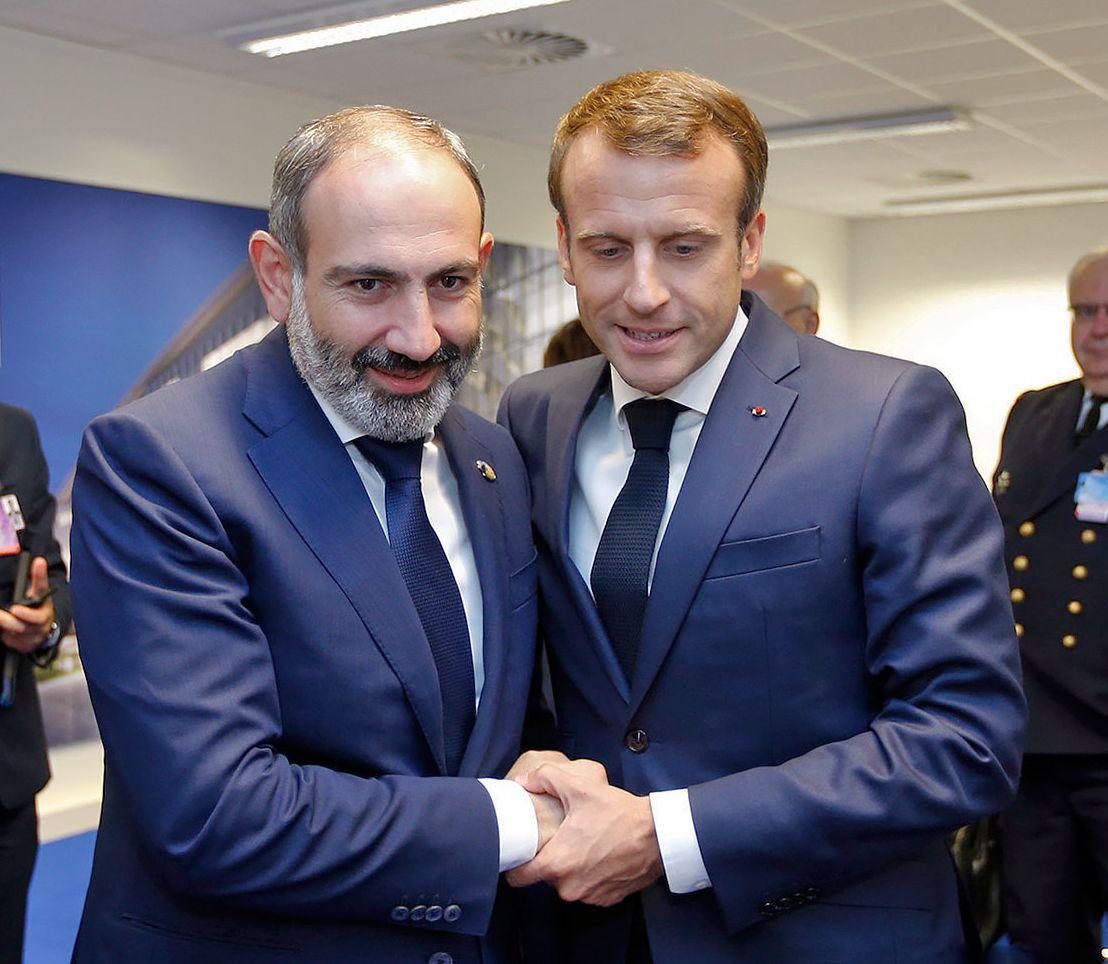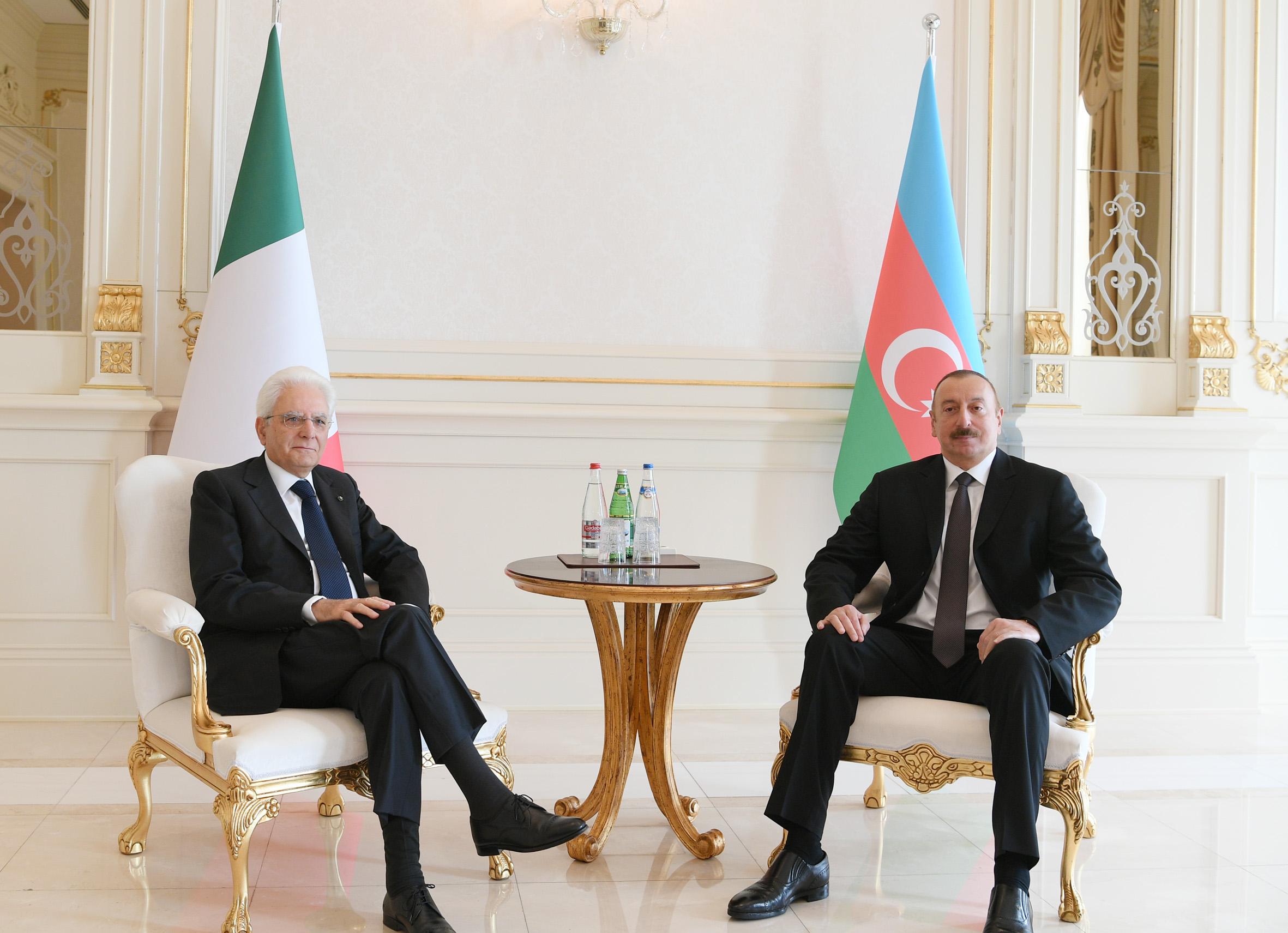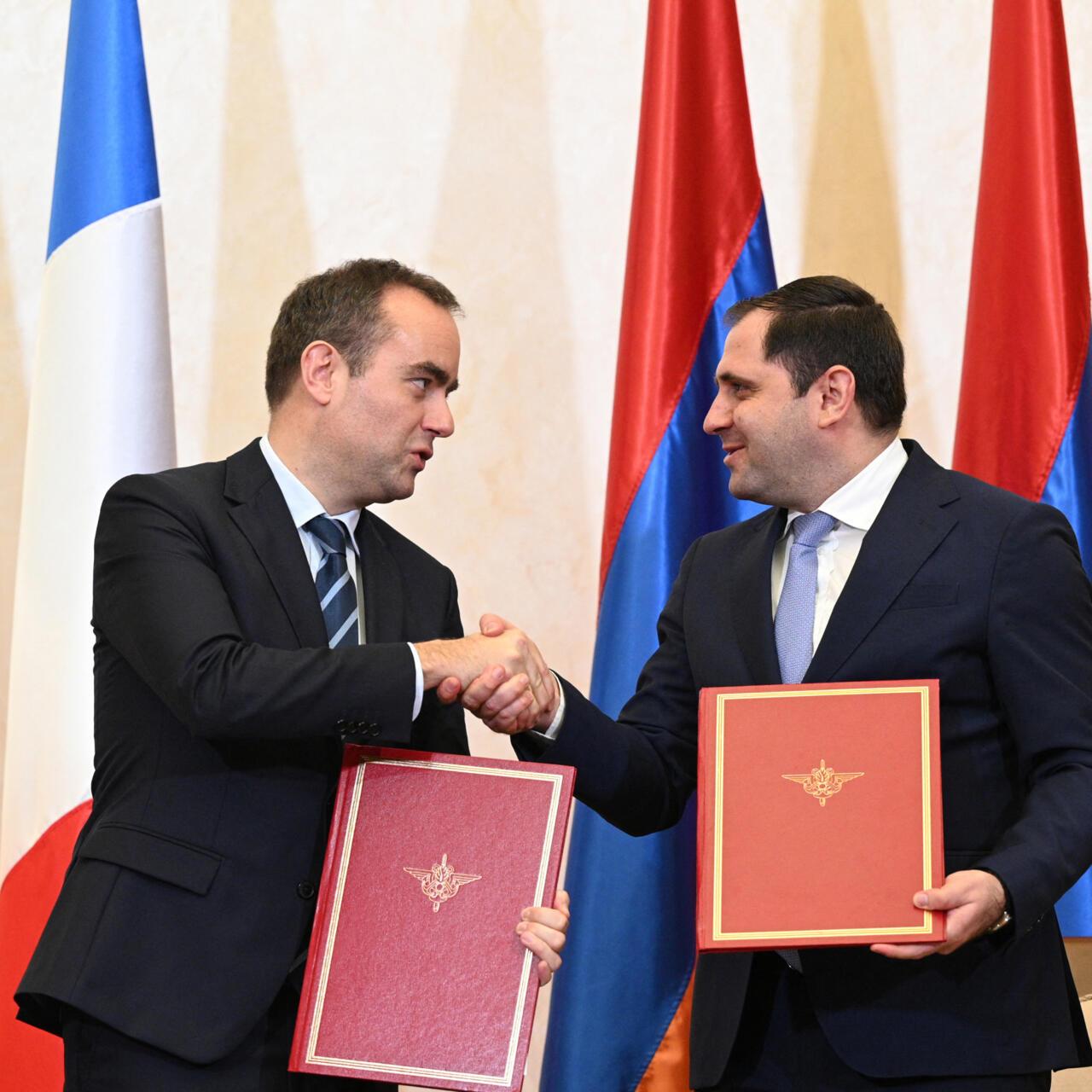France's ambassador recall from Azerbaijan A symbolic gesture or strategic misstep?
French President Emmanuel Macron’s decision to recall his ambassador from Azerbaijan reflects a continuation of his longstanding bellicose anti-Azerbaijani policy approach, but it is unlikely to yield significant results in addressing the underlying issues.
If France truly wants to prioritize its regional interests, it should engage in direct dialogue with the Azerbaijani leadership instead of resorting to various means to hurt Baku’s interests and international standing. Before taking any further steps, France must reconsider its pro-Armenian stance and re-evaluate its hostile approach towards Azerbaijan since the failure to do so will only perpetuate France's outsider status in the South Caucasus region.
The current French government’s stance, characterized by its pro-Armenian bias and interference in the South Caucasus region, has raised concerns about its ability to effectively engage with Azerbaijan. To understand the complexities of the current unfolding situation, it's essential to examine the broader context and recent actions taken by official Paris.
France's historical alignment with Armenia and its outspoken support for its interests have strained its relationship with Azerbaijan. This biased approach has hindered France's credibility and effectiveness as a mediator in the region. The French parliament's resolution in support of the self-proclaimed "Artsakh" region, disregarding Azerbaijan's territorial integrity, is a clear example of France's prejudiced policies.

The Macron government's ongoing attempts to interfere in the affairs of the South Caucasus, particularly its biased targeting of Azerbaijan, have not gone unnoticed. For years, France has displayed open hostility towards Azerbaijan, positioning itself as Armenia’s staunch. This one-sided approach has not only undermined France's credibility in the region but has also hindered any potential for constructive dialogue and cooperation. France must reassess its policies and adopt a more balanced and impartial stance towards Azerbaijan.
It is also worth mentioning that the French government has recently taken questionable actions that could harm its relationship with Azerbaijan. The French ambassador to Azerbaijan has been recalled to Paris for consultations, with French officials, citing concerns about Baku's actions potentially damaging their bilateral ties. However, the French government failed to provide specific examples of these actions.
Moreover, France's involvement in supplying advanced military equipment to Armenia and its efforts to pass resolutions against Azerbaijan at international organizations have further escalated tensions, and the ambassador’s recall without clear evidence of Azerbaijan's actions damaging bilateral ties underscores France's lack of transparency and accountability in its diplomatic dealings.
This absence of transparency is not surprising, as it may be difficult for the French government to identify concrete instances where Azerbaijan has jeopardized its relationship with France. France has been the one taking steps to strain the relationship, rather than Azerbaijan.
Other European nations, such as Italy, have criticized France's behavior towards Azerbaijan and its interference in the peace process in the South Caucasus. Italy’s criticism of France's behavior towards Azerbaijan highlights the need for Paris to reassess its approach. The Italian deputy foreign minister's remarks serve as a reminder of the broader international perspective on France's actions in the region.

Official Baku's response to France's disruptive actions has been measured but firm. Azerbaijan has rightfully criticized France's biased tactics and interference in the region's peace process. Despite France's attempts to pressure Azerbaijan, Baku remains steadfast in its commitment to defending its sovereignty and national interests. Before pointing fingers at Azerbaijan, France should reflect on its actions that have contributed to the strained relations address these issues, and mend its relationship with Azerbaijan before further damage is done. The onus is on France to take responsibility for its actions and work towards building a more constructive partnership with Azerbaijan.
On the contrary, Paris at the UN Security Council made persistent efforts to pass resolutions against Azerbaijan. France openly expressed its intention to impose international sanctions on Azerbaijan based on these resolutions. Additionally, France's involvement in the campaign against Azerbaijan and the biased resolutions in the European Union and the European Parliament is well-known. The controversial actions surrounding the Lachin Corridor incident, orchestrated by France and its ruling elite, have not been forgotten.
Moreover, Paris has taken on the responsibility of supplying Armenia with advanced military equipment, openly admitting that it is providing weapons to Armenia that it does not sell to other countries. This clear support for Armenia indicates France's attempt to disrupt the peace process in the South Caucasus and potentially incite conflict with Azerbaijan.

Moving forward, France must acknowledge the detrimental impact of its pro-Armenian stance on its relations with Azerbaijan. A direct dialogue between French and Azerbaijani officials rather than relying solely on diplomatic channels is essential for fostering mutual understanding and resolving differences. France must abandon its biased policies and demonstrate a genuine commitment to constructive engagement with Azerbaijan.
Failure to do so will only perpetuate France's outsider status in the South Caucasus region and undermine its interests in the long run. The recall of the ambassador from Azerbaijan is merely a symbolic gesture that falls short of addressing the underlying issues. To achieve meaningful progress, France must undergo a fundamental reassessment of its policies towards Azerbaijan and prioritize dialogue and cooperation over confrontation.
Conclusion
France's policy towards Azerbaijan is characterized by entrenched biases and a penchant for favoritism towards Armenia. The recall of the French ambassador to Azerbaijan is but a symptom of deeper tensions rooted in Paris's flawed approach to the region.
Moving forward, France must heed the calls for a sober approach to the relations with Azerbaijan and avoid pro-Armenian policies and outright military support designed to alter the state of affairs in the South Caucasus. The Macron government is to reassess Azerbaijan’s regional and international standings and the role in rushing to aid nations in need. Failure to do so risks further alienating France and perpetuating the cycle of conflict and distrust in the region.







